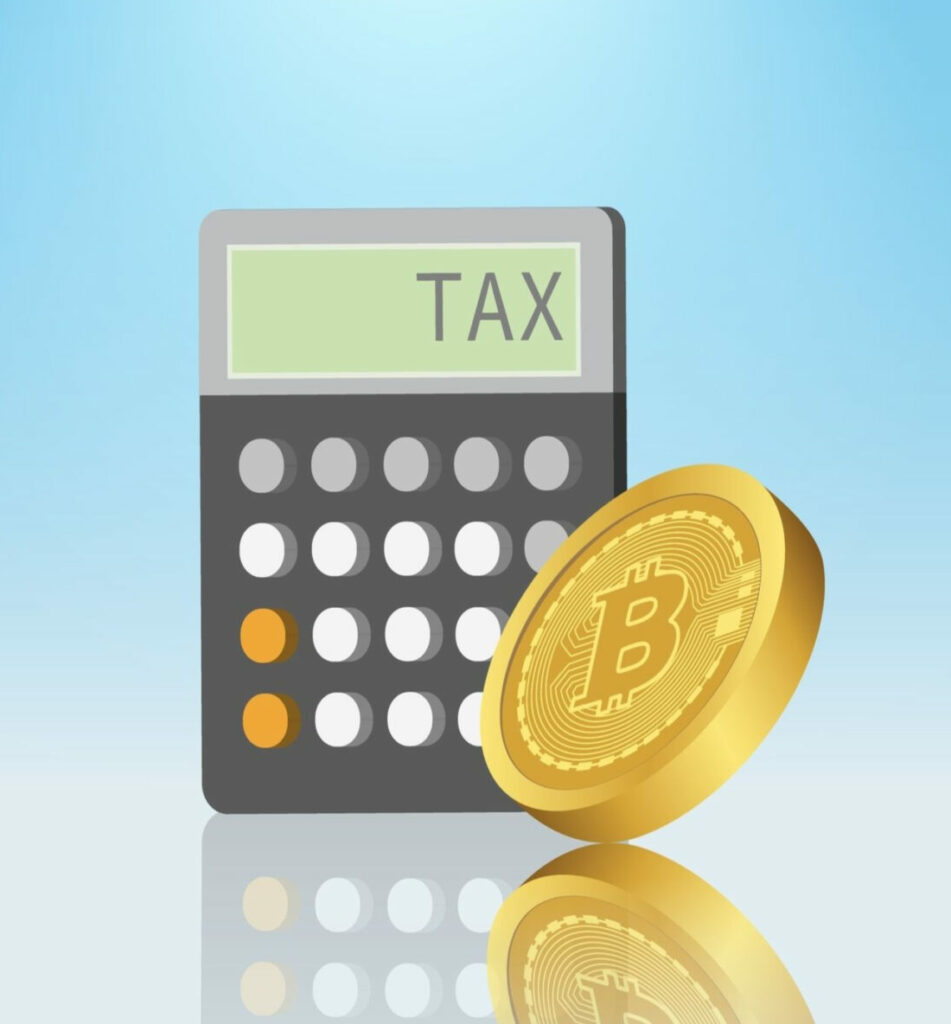Crypto Taxes in Australia: The Complete Guide
This is how crypto taxes in Australia works –
Your tax rates will vary depending on whether you qualify as an individual investor or trader. Individual investors are liable to capital gains taxes, while traders will pay ordinary tax rates.
The Australian Taxation office claims that approximately 500,000 to 1 million Australians deal in cryptocurrency. If you’re one of these people dealing with crypto in any capacity, you need to be well aware of your tax responsibilities.
In this article, we’ll discuss:
- Everything you need to know about crypto taxation in Australia
- Some common taxable events and their tax consequences
- How you can avoid crypto taxes in Australia
- How to report your crypto taxes
How Does the Australian Taxation Office (ATO) View Cryptocurrency?
The Australian government views crypto more as an asset or a property that attracts capital gains taxes than fiat currency.
In some cases, the ATO may treat it as additional income and levy income tax.
How is Crypto Taxed in Australia?
How much you pay in crypto taxes depends on whether the ATO classifies you as an investor or a trader.
An investor is someone interested in building wealth with long-term investment strategies. In other words, if you are HODLing, you’ll most likely qualify as an investor.
Selling off your crypto as an investor binds you to pay capital gains tax rates on your gains. However, you’ll get a 50% discount on your capital gain taxes if you hold your crypto for more than 12 months.
In case you realize a loss, you can use it to offset your gains from other cryptocurrencies or asset classes.
A trader, on the other hand, is quite different.
A trader is someone who’s actively buying and selling crypto on a frequent basis to make a relatively low but consistent income. An example of this would be a daytrader. Traders are liable to pay income tax rates on their gains only if they earn more than $18,200 in a financial year.
However, this doesn’t only apply to traders. If you’re carrying out any crypto activity in a business-like manner to make profits, you’ll be liable to income tax rates.
If you qualify as a trader or business, you’re also eligible to deduct your business expenses from your total taxable income.
Other examples of crypto activities that result in income taxes are – mining (unless you do it as a hobby), staking rewards, airdrops, etc.
The guidelines are pretty straightforward. If it’s clear you are carrying out crypto activities in a business-like manner, you pay income tax to the government. Otherwise, you will pay capital gains taxes.
How to Calculate Crypto Taxes in Australia

The easiest way to calculate your gains is by subtracting your crypto’s fair market value or selling price from its cost basis.
For instance, if you purchased 1 Bitcoin for $35,000, your cost basis for that Bitcoin is $35,000.
Now suppose you are selling that Bitcoin for $55,000. This will be the fair market value or selling price of the crypto.
So, you purchased a Bitcoin for $35,000 and sold it for $55,000. Now, if you subtract the FMV from its cost basis, you incur a capital gain of $20,000.
Now, based on whether you qualify as a trader or individual investor and the income bracket you fall under, you’ll owe a percentage of this gain to the ATO.
In this example, we assumed no additional fees were involved. However, in reality, any fees you pay to acquire your crypto, like the exchange fees or transaction fees, will be added to your cost basis.
Adding these fees to your cost basis will reduce your overall gain and thus your tax liability.
And as discussed before, you’ll pay capital gains taxes if you’re an individual investor or income tax if you’re a trader or business.
Crypto Taxable Events
If you know the fundamentals of crypto taxes in Australia, you’ll know the tax consequences of pretty much all crypto transactions.
However, there are a few scenarios where it gets a little tricky.
Following are some of the most common taxable events and their tax consequences.
Getting Paid in Crypto
If you’re getting paid in crypto for selling a product or service, you’ll be liable to income tax.
Swapping Crypto
Swapping crypto is a taxable event. Why?
Because every time you swap one crypto for another, you’re essentially disposing of your crypto to buy new ones, triggering a tax event.
You’ll be liable to income or capital gain taxes based on how the ATO views your crypto activities.
Gifting Crypto
The ATO views gifting cryptocurrency in Australia as disposing of it. Therefore, if you gift someone crypto, you’ll pay capital gains taxes. Receiving crypto as a gift is tax-free though.
Buying Products/Services with Crypto
Buying goods or services with crypto is taxed under capital gain taxes for the same reasons discussed above. However, in some rare scenarios, buying something with crypto may be tax-free.
Known as the personal use asset option, this is when you buy crypto directly to pay for a product or service. For example, if you’re purchasing some Ethereum to buy NFTs.
But to qualify for the personal use asset option, you must meet certain criteria. The main one is the timing. The longer you hold onto your crypto before using it to purchase what you want, the more unlikely it becomes you’ll qualify for the personal use asset option.
Tax-Free Crypto Transactions
The following are some common crypto transactions with no tax consequences.
Buying and Holding Crypto
Buying and holding crypto is not taxable in Australia, even if the value of your portfolio increases as long as you don’t sell or dispose of your crypto.
Transferring Crypto Between Wallets
Transferring crypto between wallets is not a taxable event in Australia. However, watch out for any transaction fees that may occur, which can trigger capital gain taxes.
Donating Crypto
Donating crypto is not only tax-free but tax-deductible, meaning you can deduct the donated amount from your taxable gains. However, you can only deduct if you donate to a deductible gift recipient.
Mining Crypto as a Hobby
Crypto mining as a hobby is not taxed by the ATO and actually has various deductions and benefits that will reduce your overall tax liability.
How to Avoid Crypto Taxes in Australia

You can’t entirely avoid your crypto taxes. However, there are some tax breaks and tax-saving strategies available that you can use to reduce your taxes.
The personal use asset option is one such tax break that you can use to lessen your tax liability. But of course, you have to prove your case. Other tax breaks include no income taxes unless you earn more than $18,200 in a year.
We have a guide on how to avoid crypto taxes in Australia. Make sure to check it out for more in-depth tax-saving strategies.
That said, if you don’t report your crypto gains and avoid paying taxes, thinking the ATO will never find out, you’re wrong. The ATO has access to all user transaction data from most crypto exchanges.
They can easily track you down, and you may face criminal charges or have to pay huge penalties at the very least.
How to Report Crypto Taxes in Australia
As a taxpayer, you must report all your capital gains and additional income earned from crypto on your annual tax return.
The accounting method you use is crucial. The most common ones are FIFO, HIFO and LIFO. You can use any of them, but the ATO requires you to be consistent with it. Also, if you’re a trader, you can only use the FIFO method.
Lastly, make sure you keep records for all your transactions and avoid errors and mistakes while filing your tax returns. Bitcoin.Tax can help with that.
Bitcoin.Tax automatically collects all your transactions, calculates your taxes using your preferred accounting method, and creates a tax report for you, while you can just sit back and relax.